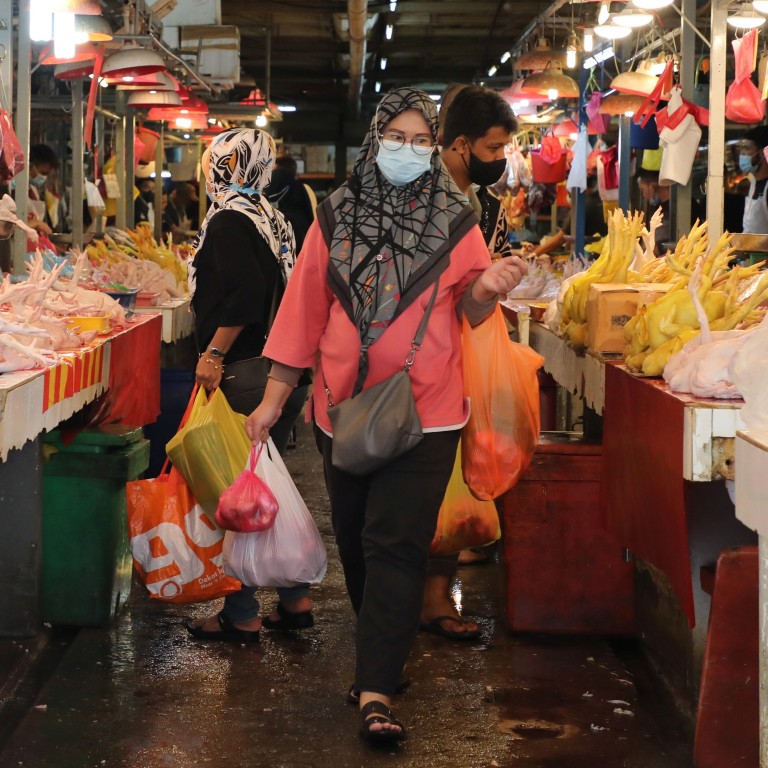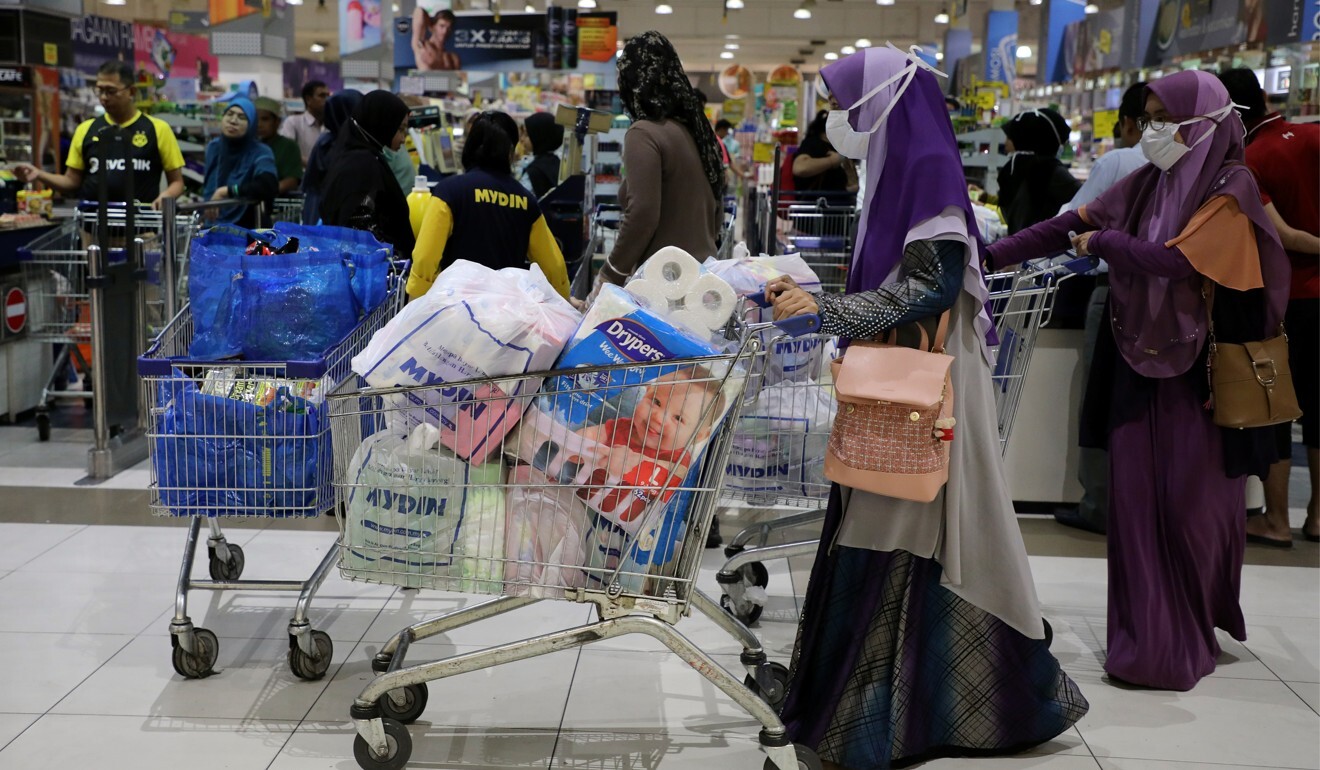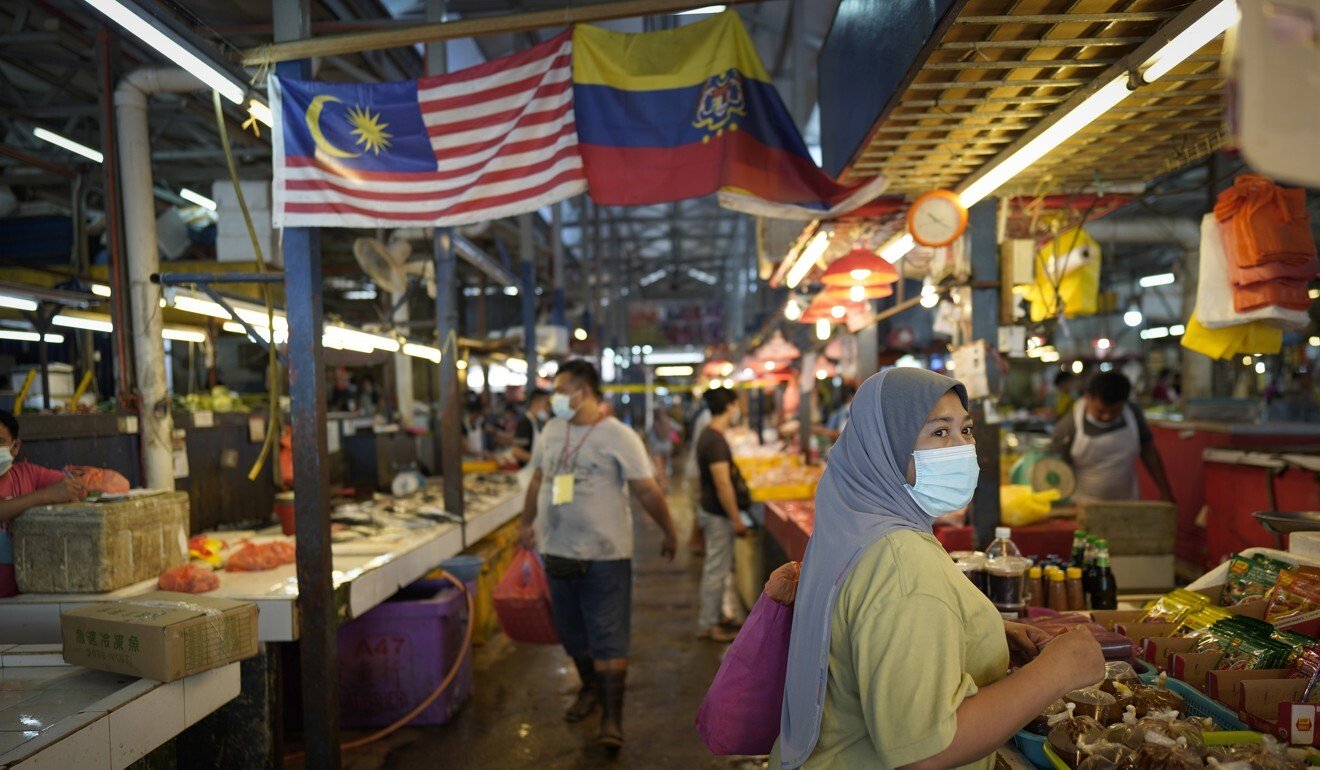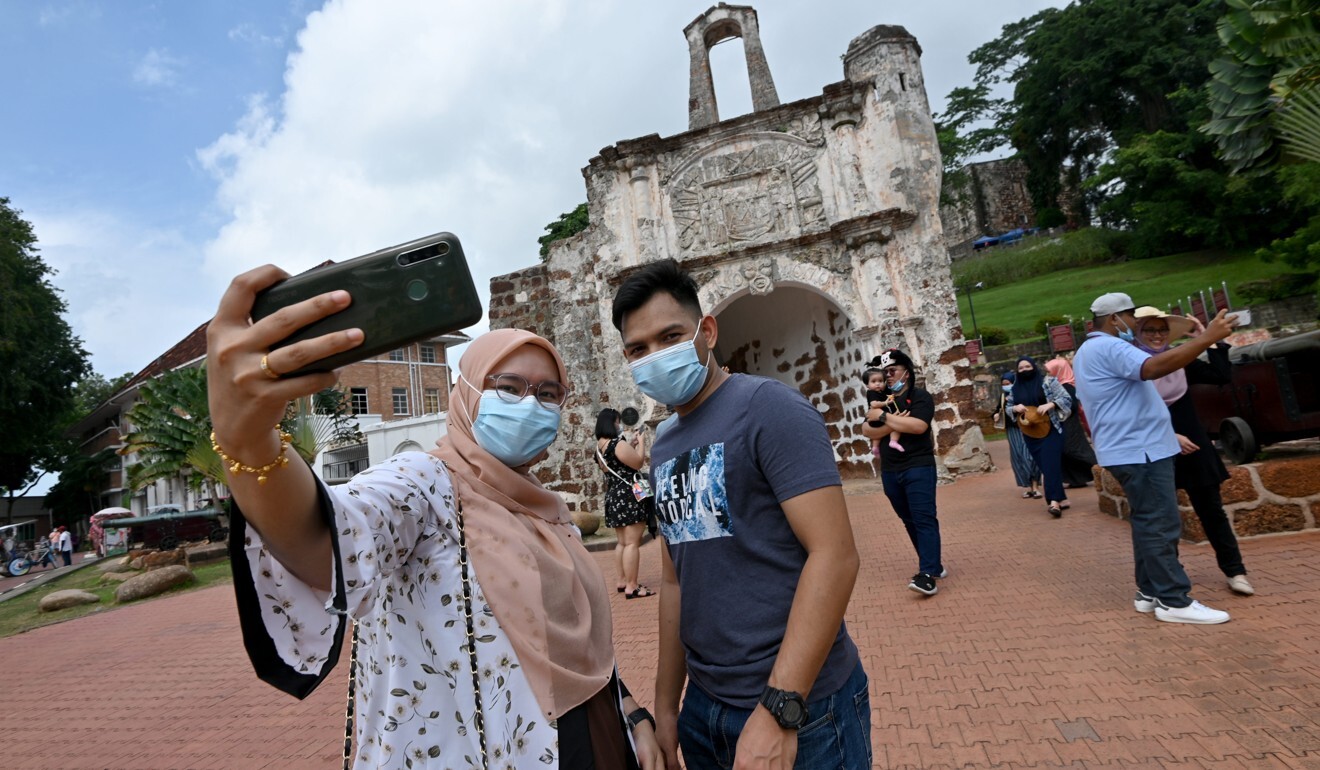
Could Malaysia’s fake halal meat scandal impact its export reputation?
- A decades-long smuggling racket has shaken consumer faith in Malaysia in the government’s halal certification process
- The fraud could also jeopardise Malaysia’s image of having a ‘gold standard’ halal status, and affect its position as a trusted halal exporter
For Syahiirah Junaidi, a Kuala Lumpur resident, the recent halal meat scandal in Malaysia is beyond her control.
The country was in December rocked by reports that a cartel had for decades been allegedly bribing officials to import and sell Muslims non-certified meat, including horse and kangaroo – when the meat was neither ritually slaughtered according to Islamic custom nor derived from approved sources.
While Syahiirah says she cannot do much but continue to take the word of supermarkets that pledge their meat is halal, or permissible, she knows older residents would not be as forgiving.
“If this news reached my in-laws who are more conservative and particular, they would be devastated and feel betrayed,” said the 28-year-old.
Fake halal meat: Malaysia vows crackdown as scandal sparks outrage
Since the fraud came to light, the Department of Islamic Development (Jakim) – which oversees halal certification – has faced an erosion of trust and growing public anger in Malaysia, where six in 10 people in the population of 33 million are Muslim.
The news of the halal scandal first broke in late November, when a local Malay-language newspaper reported sources as saying that frozen meat from countries that had not been certified halal by Jakim was being imported.
The Sinar Harian alleged that border officials were aware of the scam, which saw meat from China, Ukraine, Brazil and Argentina being smuggled into Malaysia and repackaged there.

Several importers have been arrested for falsifying halal credentials, in an ongoing multi-agency government investigation into the cartel‘s smuggling, storage and processing chain.
In late December, the Deputy Minister of Domestic Trade and Consumer Affairs Rosol Wahid said the government had frozen assets, seized “halal” rubber stamps and stickers, and 2,428 boxes of frozen meat worth about 738,640 ringgit (US$181,600). He added the Chemistry Department had tested samples of the meat, confirming it was not “pork or horse or kangaroo … which is a relief to us all”.
But Nadzim Johan of the Malaysian Muslim Consumer Association said the scam had sown fear and doubt among the public.
“Some segments of consumers are very worried about the issue of halal compliance. We were pretty known for it, but now it looms like a question that hasn’t been answered. We need a new kind of arrangement, procedures or steps to ensure that the issue of illegal importations are properly addressed if we want to regain the respect that made us a halal hub,” he said.
Islam-friendly coconuts: has Malaysia’s halal drive gone too far?
Sales of red meat by retailers has plunged as much as 40 per cent in the wake of the scandal, according to local media reports.
“A lot of Malaysians will have certain fears over buying meat products because they have lost confidence in the regulators,” said Ameer Mydin, managing director of the eponymous popular local hypermarket chain.
“I suspect that the percentage of non-halal meat is not that high, but because this is a sensitive matter of religion we cannot ignore it,” Ameer said. “Even the slightest doubt can unravel our nerves. In my opinion, the government has not done enough to assure the Malaysian consumers that what is in the market is halal.”
To restore trust, Jakim last month announced an action plan tackle the halal meat “cartel” by, among other measures, engaging with stakeholders, including importers, and promoting the list of approved halal certification bodies.
In addressing the scandal, the government has also reactivated the Malaysia Halal Council, with Prime Minister Muhyiddin Yassin chairing it.
“Our aim is for the Council to become an overseeing body that will monitor the implementation of instructions, as well as policies put forth by Jakim,” said Religious Affairs Minister Zulkifli Mohamad Albakri last month.

GLOBAL IMPLICATIONS
The extent of the fake halal meat racket – believed to have taken place for more than 40 years – could also jeopardise Malaysia’s global reputation for having a “gold standard” halal status, threatening its appeal as a Muslim-friendly tourist destination and position as a trusted halal exporter, in a landscape where the halal industry is projected to hit US$2.4 trillion in spending by 2024.
From January to June 2020, Malaysia exported nearly US$4 billion worth of halal products – and economists predict similar figures for the second half of the year.
More than half the exports were food and beverage, with halal ingredients, cosmetics and personal care, palm oil derivatives, chemicals and pharmaceuticals making up the rest. Malaysia’s top halal export markets are Singapore and China – which together import some 4.6 billion ringgit (US$1.1 billion) worth of goods – as well as Japan, the United States and Indonesia.
How Asia became a Muslim tourism hotspot, netting over US$30 billion
Government agencies are now working to retain the country’s image as a regional halal hub, with the Malaysian External Trade Development Corporation (Matrade) pressing ahead with the 17th Malaysian International Halal Showcase (Mihas) in September.
The world’s largest halal trade fair will see manufacturers, suppliers and distributors from all over the world gathering, networking and transacting with their counterparts.
In 2019, Mihas saw some 30,000 traders and visitors from 88 countries, and generated US$390 million for exhibitors, Matrade said.

As for the tourism sector, Malaysia’s allure to the Muslim travel market is undeniable, said Tengku Suzana Tengku Abdul Kadir, co-founder of online Singapore-based travel company Have Halal, Will Travel.
“As a Muslim-majority country, Malaysia is well-loved by Muslims in the region with its well-developed Muslim-friendly infrastructure and its affordability. Muslims have access to a huge variety of delicious halal food, prayer facilities are widely available and it’s known to be a safe destination for Muslim travellers,” Suzana said, adding, however, that Indonesia was a strong competitor and Thailand was also increasingly improving its Muslim-friendly infrastructure.
While the scandal was concerning, Suzana said it would likely be forgotten by tourists once borders reopened after the coronavirus pandemic had been managed.
This was echoed by Tan Kok Liang, president of the Malaysian Association of Tour and Travel Agents.
“The nation should remain as one of the top Muslim-friendly destinations due to our diverse cultures,” he said. “Our multiculturalism, faith and ethnicities is the biggest draw. As a [Muslim-majority] country, we automatically understand the needs of a Muslim tourist.”

